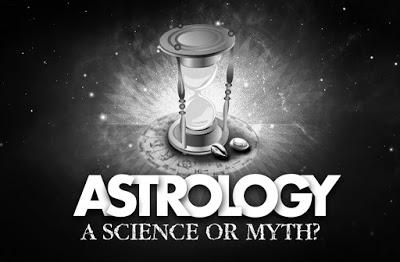
What’s Astrology is all about?
Astrology is the study of the movements and relative positions of celestial bodies interpreted as having an influence on human affairs and the natural world.
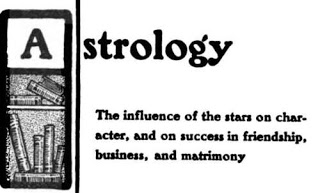 The stars and planets have always inspired a sense of wonder. Many cultures look skyward and see the face of the divine there. There’s a cosmic dance on the grand scale, and one on the intimate scale, going on for each of us. Astrology is the study of patterns and relationships — of planets in motion, our birth chart, synastry with others, the make-up of elements — and using that knowledge as a tool to find meaning.
The stars and planets have always inspired a sense of wonder. Many cultures look skyward and see the face of the divine there. There’s a cosmic dance on the grand scale, and one on the intimate scale, going on for each of us. Astrology is the study of patterns and relationships — of planets in motion, our birth chart, synastry with others, the make-up of elements — and using that knowledge as a tool to find meaning.
Is Astrology a Science?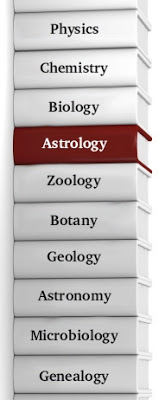
It is a forbidden knowledge mixed up with religions, traditions and other stuffs. It is one of the Vedas, six auxiliary principles used to support Vedic rituals.
It falls more in the category of metaphysics, the study of that which is beyond the physical. It’s similar to other fields that are founded on ancient theories of energy patterns, like acupuncture and yoga. Astrology at high levels is a mastery of its particular science and the intuitive arts. As the earliest known ordering of existence, long before recorded history, it’s been called the “Mother of all Sciences.”
Here we’ll use the Science Checklist to evaluate one way in which astrology is commonly used. See if you think it qualifies as scientific!
Focuses  on the natural world?
on the natural world?
Astrology’s basic premise is that heavenly bodies — the sun, moon, planets, and constellations — have influence over or are correlated with earthly events.
Aims to explain the natural world?
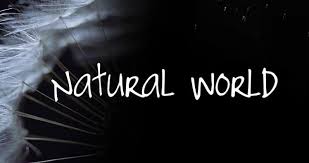 Astrology uses a set of rules about the relative positions and movements of heavenly bodies to generate predictions and explanations for events on Earth and human personality traits. For example, some forms of astrology predict that a person born just after the spring equinox is particularly likely to become an entrepreneur.
Astrology uses a set of rules about the relative positions and movements of heavenly bodies to generate predictions and explanations for events on Earth and human personality traits. For example, some forms of astrology predict that a person born just after the spring equinox is particularly likely to become an entrepreneur.
Uses testable ideas?
Some expectations generated by astrology are so general that anyoutcome could be interpreted as fitting the expectations; if treated this way, astrology 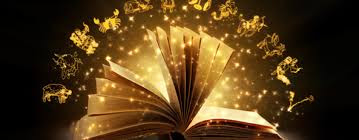 is not testable. However, some have used astrology to generate very specific expectations that could be verified against outcomes in the in the natural world. For example, according to astrology, one’s zodiac sign impacts one’s ability to command respect and authority. Since these traits are important in politics, we might expect that if astrology really explained people’s personalities, scientists would be more likely to have zodiac signs that astrologers describe as “favorable” towards science. If used to generate specific expectations like this one, astrological ideas are testable.
is not testable. However, some have used astrology to generate very specific expectations that could be verified against outcomes in the in the natural world. For example, according to astrology, one’s zodiac sign impacts one’s ability to command respect and authority. Since these traits are important in politics, we might expect that if astrology really explained people’s personalities, scientists would be more likely to have zodiac signs that astrologers describe as “favorable” towards science. If used to generate specific expectations like this one, astrological ideas are testable.
Relies on evidence?
In the few cases where astrology has been used to generate testable  expectations and the results were examined in a careful study, the evidence did not support the validity of astrological ideas. This experience is common in science — scientists often test ideas that turn out to be wrong. However, one of the hallmarks of science is that ideas are modified when warranted by the evidence. Astrology has not changed its ideas in response to contradictory evidence.
expectations and the results were examined in a careful study, the evidence did not support the validity of astrological ideas. This experience is common in science — scientists often test ideas that turn out to be wrong. However, one of the hallmarks of science is that ideas are modified when warranted by the evidence. Astrology has not changed its ideas in response to contradictory evidence.

After all it’s up to you that you consider Astrology as a Science or not.

Bombay High Court ruled thatASTROLOGY IS A SCIENCE and asked the Universities to add Astrology in to their syllabus.
 Here you can check this article published in Times Of India Newspaper saying the same:-
Here you can check this article published in Times Of India Newspaper saying the same:-
http://timesofindia.indiatimes.com/india/Astrology-is-a-science-Bombay-HC/articleshow/7418795.cms
You can also like my facebook page Astro-Science
Nice explanation..
LikeLike